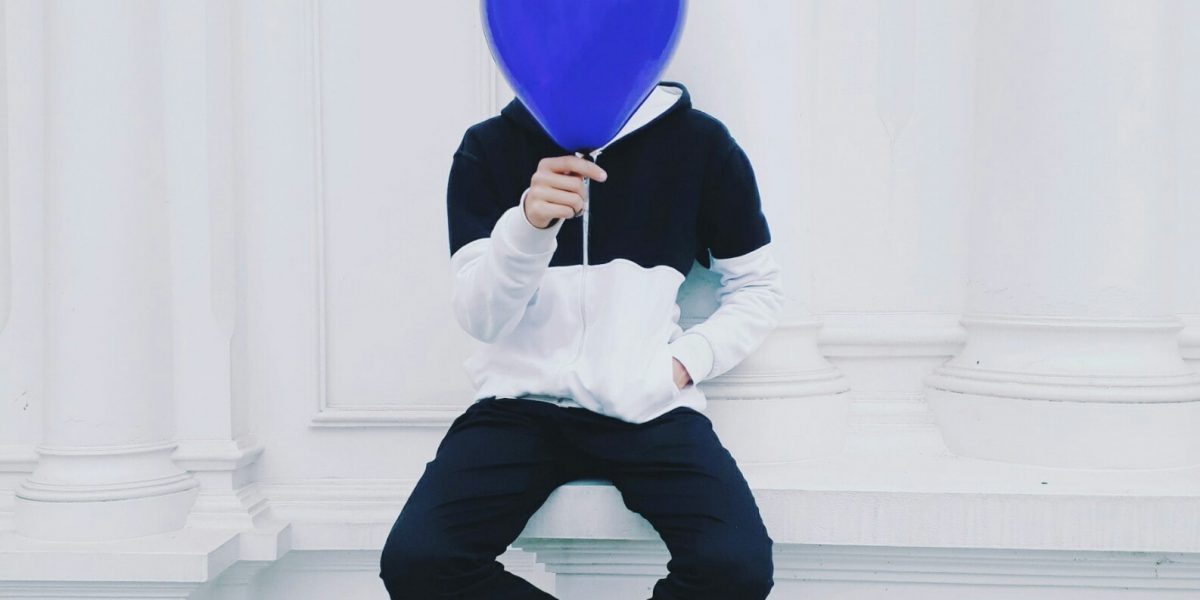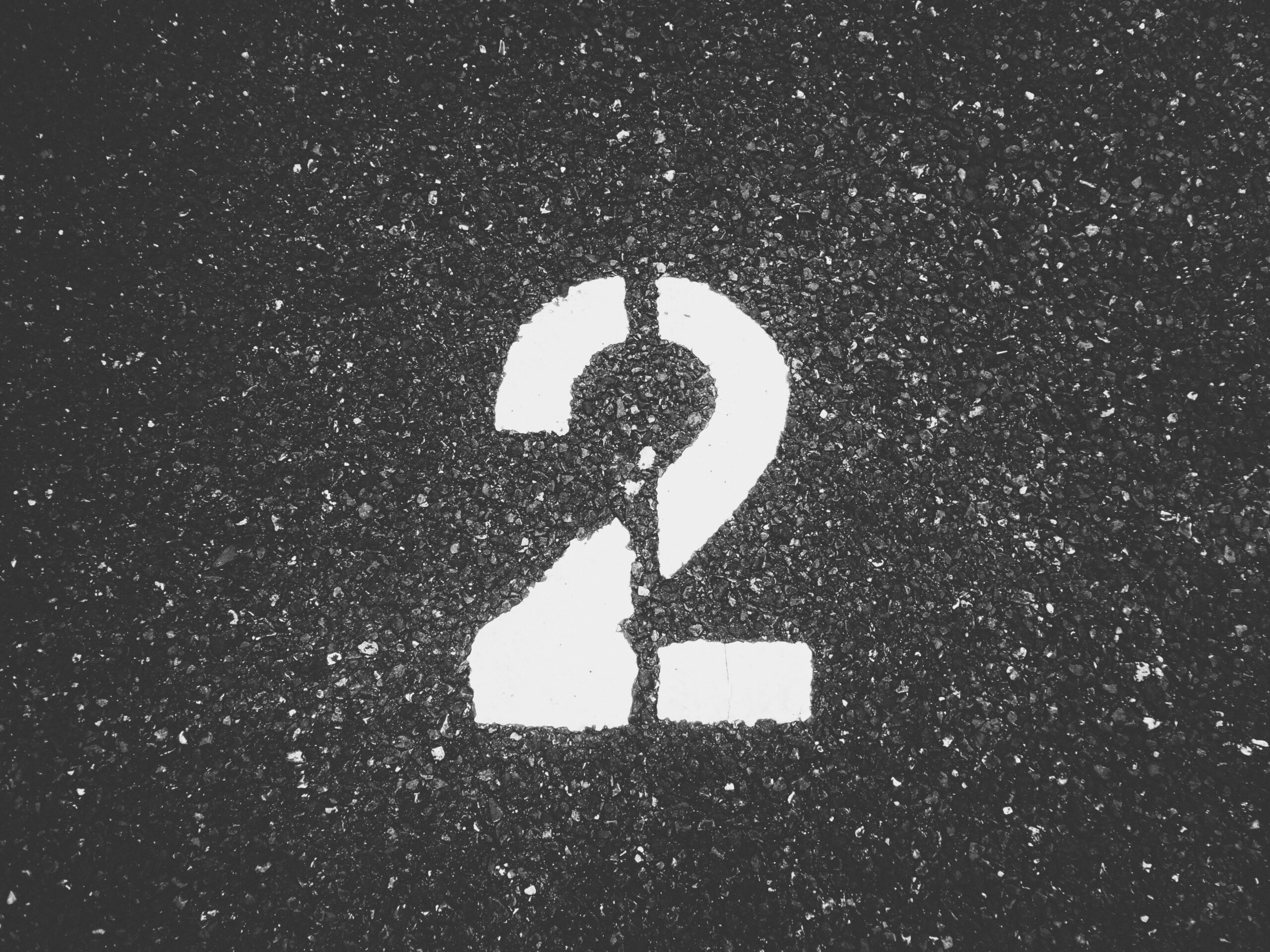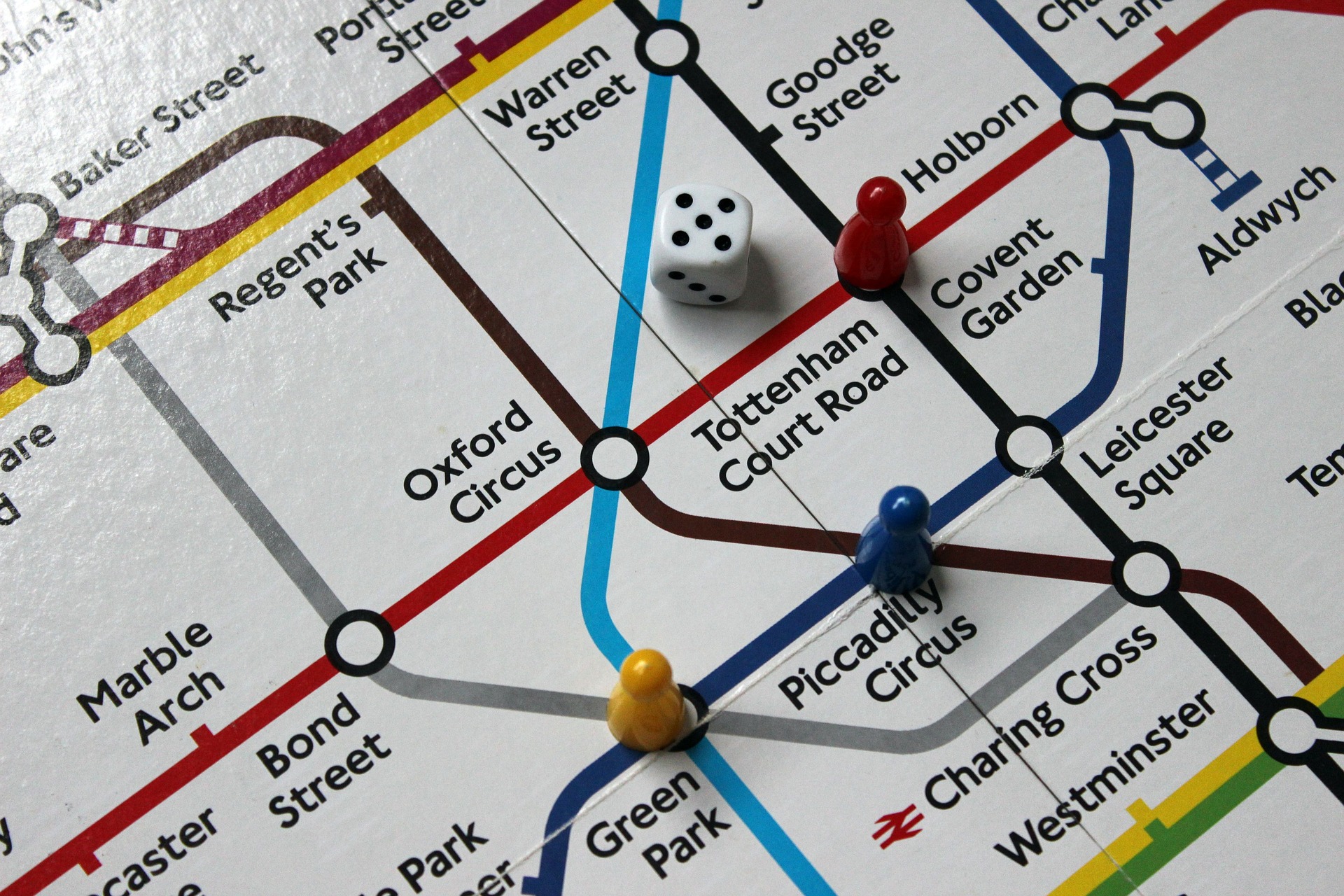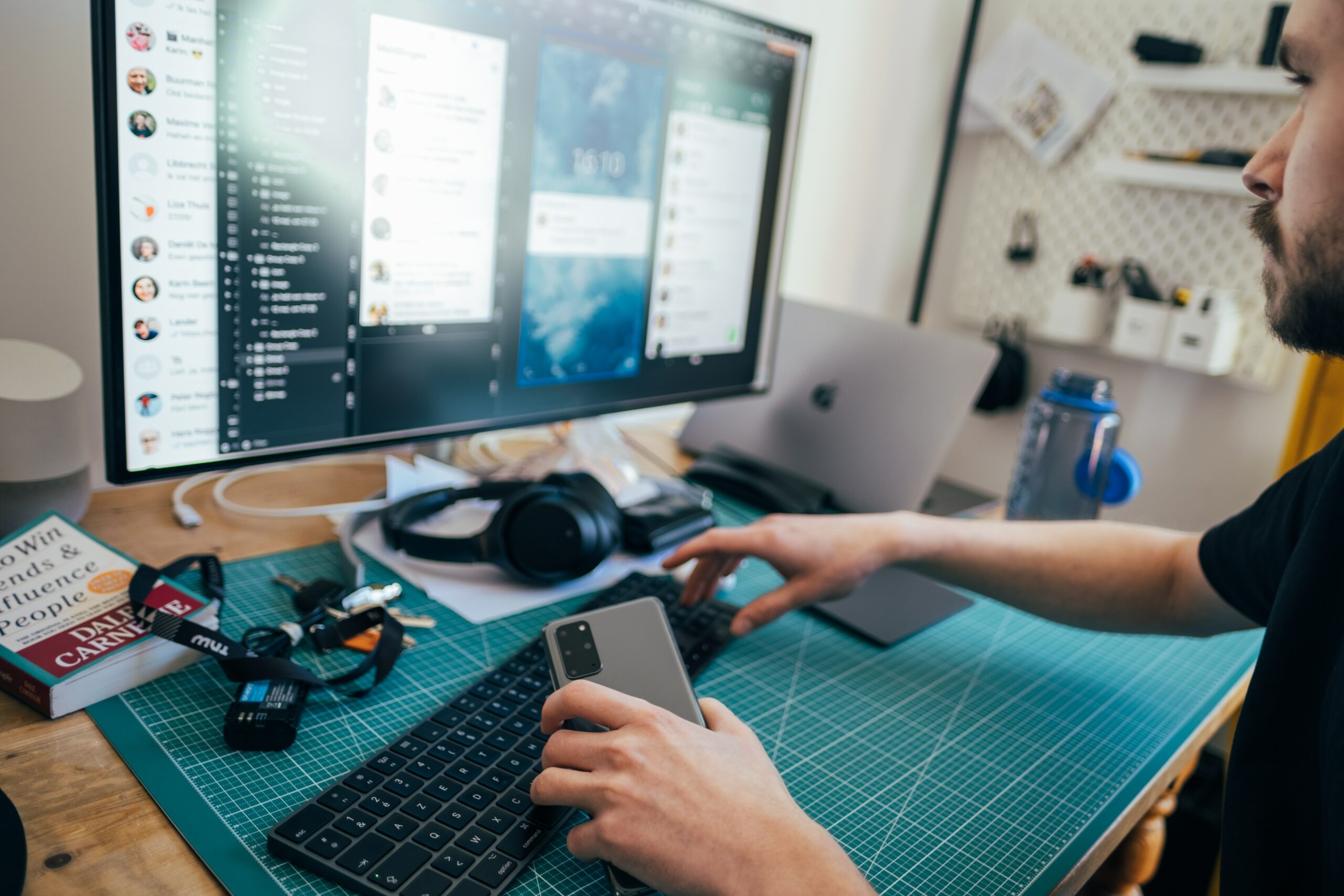“Ignorance is not such a bad thing if one knows how to use it” – Peter Drucker
I can hear the inward groan at the divisive propagation of conspiracy theories. Whether it’s about COVID, Mask Wearing, 5G, Bill Gates, Vaccines and Soros. “They are so ignorant.” It doesn’t matter which side you are on: the possession of information leads to utter contempt for “the other” who is deemed to be ignorant.
Facts, Evidence, Research, Science. You can argue until the cows come home but the issue is not ignorance. Ignorance is a lack of knowledge and information. The “establishment” or the “conspiracy theorist” – we have information a plenty, and we all think we have knowledge of the facts. But there are limits to the knowable. Take COVID. Scientists can tell us all sorts of stuff about COVID-19. But they don’t know its exact origins. They are still finding out new things about how it is spread (airborne/not airborne, cats/not cats, asymptomatic/symptomatic). The medical professionals are working out ways to treat patients, but are still bewildered by some of the ways the virus impacts the body, seemingly without rhyme or reason. For those who believe it is a hoax they can’t exactly explain how it escaped from the lab, why it is that governments would choose to crash the global economy, or what would drive a doctor to forceably ventilate people, but they know in their gut that they are not being told the truth.
If we are to overcome the lack of ignorance which has infected our society, and if we are to find a common ground where we can settle on one version of the truth, then we need to set aside what we think we know. Instead, when faced with insurmountable certainty, we need to embrace our uncertainties. We need to explore what we don’t know. Together.
Kant said “Human reason has this peculiar fate that in one species of its knowledge it is burdened by questions which, as prescribed by the very nature of reason itself, it is not able to ignore, but which, as transcending all its powers, it is also not able to answer.”
Knowing the limits of our knowledge is the only way that we can learn to think differently about the situation we have found ourselves in. Our ignorance remains infinite and we are regularly faced with the unknown. Many of the unknowns that exist are not benign and can have a devastating impact on individuals, groups, organisations and society as a whole.
My advice? Park your certainties. Be curious. Ask questions. But most of all, make room to think.














1 Comment
Good ideas often come in the shower because, unless we have a mediation practice of some sort, how often are we alone, unencumbered by “something to do” and able to be on autopilot, letting our minds run freely? Even harder these days because of FOMO and excessive screentime. I’m definitely going to try to make more room to think this year. Thanks Carrie!